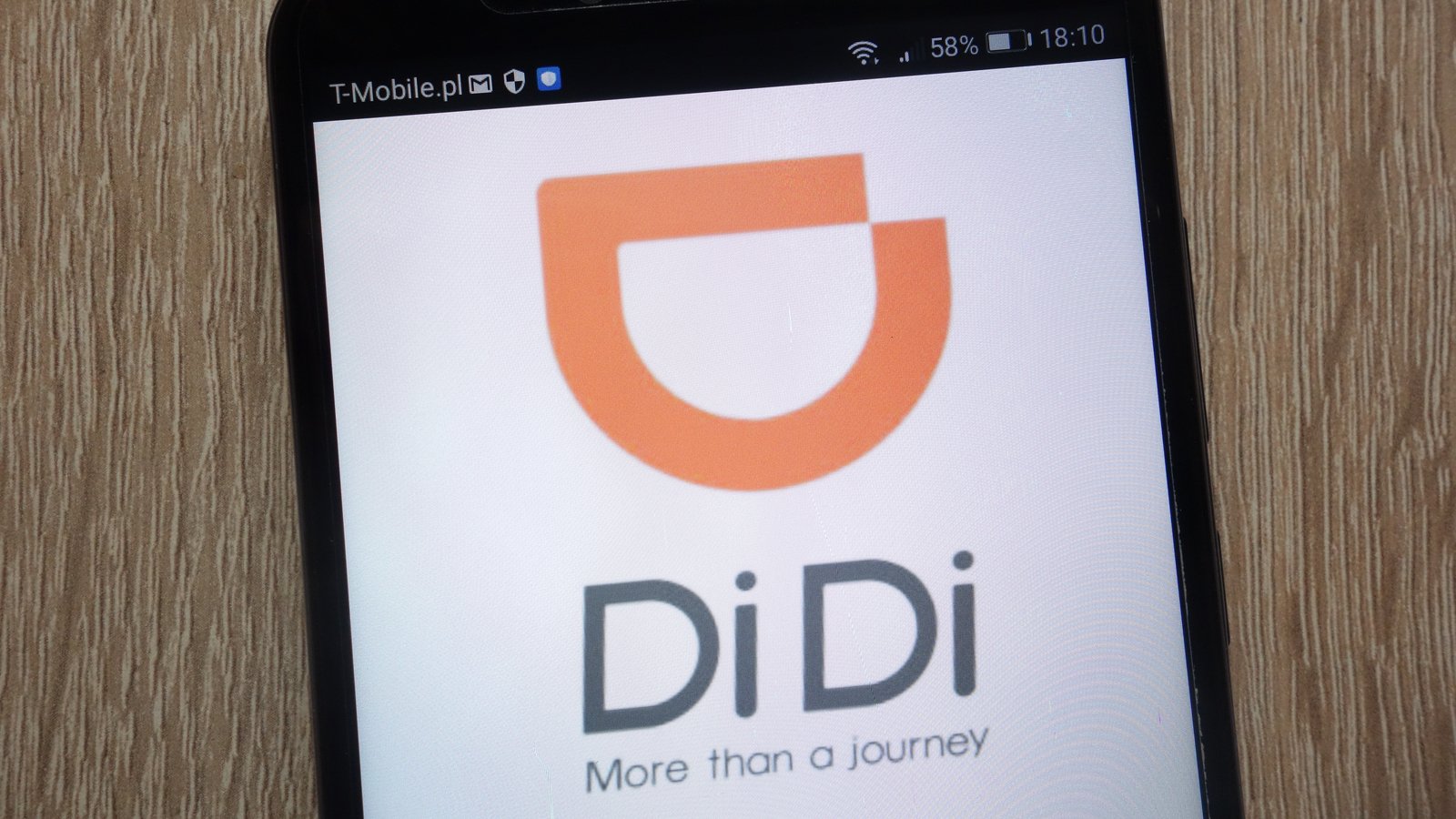Warren Buffett once recommended that investors should be “greedy when others are fearful.” Currently, there’s plenty of fear surrounding Chinese ride-hailing giant DiDi Global (NYSE:DIDI). Yet, this doesn’t mean it’s time to load up on shares DIDI stock.

Some folks have advised avoiding certain Chinese stocks due to the regulatory risks involved.
For instance, Mad Money‘s Jim Cramer once warned that there’s “no way that you can ever invest in a Chinese IPO no matter how good if it can be trashed by the Chinese government just a few days after coming public.”
Cramer’s warning was issued in early July. There have been developments on the regulatory front since that time — and, as it turns out, Cramer might have been 100% right about recently listed Chinese stocks like DIDI.
A Closer Look at DIDI Stock
Actually, I echoed Cramer’s cautionary tone with my own warning in mid-August. “I don’t recommend wagering your hard-earned money on the cybersecurity war ending” anytime soon, I cautioned.
I’ll provide more details and an update on that in a moment. But for now, let’s recap what’s happened to DIDI stock, so far.
The stock had its initial public offering (IPO) on June 30 and began trading at $16.65 per share. It was a wild debut, with the share price rising as much as 28.6% from the IPO price at one point.
DIDI stock stayed fairly close to $15 for a couple of days, but then the price action turned bearish. By Aug. 20, the stock was heading toward $7.
Some contrarian investors might view this as a dip-buying opportunity. Yet, I’d like to point out a major red flag.
DiDi Global has trailing 12-month earnings per share of -$2.32. That’s problematic when the stock is only $7 and change.
In other words, just because the share price is low, this doesn’t necessarily mean that there’s a good value here.
A History of Friction
In early July, the Chinese government initiated cybersecurity reviews of Didi and a number of other China-based companies. Consequently, DiDi was restricted from registering new users. Reportedly, Chinese regulators prohibited new downloads of Didi’s app.
On top of that, Chinese regulators apparently consider the Didi Global IPO a “deliberate act of deceit.”
Clearly, this company has had friction with China’s government for a while. To make matters worse, in late July, China’s Ministry of Transport vowed to step up its oversight of the nation’s ride-hailing companies.
In light of these actions, it’s understandable that Cramer would avoid DIDI stock, and newly U.S.-listed Chinese stocks in general.
“For years now I have been railing against Chinese IPOs, saying that you should steer clear of them at all cost,” Cramer declared.
Tight Restrictions
Now, it appears that Chinese regulators will be placing even tighter restrictions on certain businesses.
Just recently, China’s government passed the Personal Information Protection Law (PIPL). This law establishes tougher rules on how companies in China can collect and handle their users’ information.
Although China’s legislature passed the PIPL, as of Aug. 20, the final version of the law hadn’t been published yet.
Still, we can expect that the PIPL will establish a comprehensive set of rules concerning data collection, processing and protection.
Between the PIPL and China’s Cybersecurity Law and Data Security Law, it’s evident that the country’s businesses will have to operate under tight restrictions.
We can debate all day long about whether these data protection laws are a good thing or not. Yet, it’s evident that they’ll make it more difficult for DiDi Global to remain compliant with the law.
The Bottom Line
It will take some time before we know the full ramifications of China’s now-stricter regulations. In the meantime, the best attitude for investors is caution. Therefore, it would be hasty to buy the dip on DIDI stock now.
The share price could go much lower, so please, let’s keep our greed in check.
On the date of publication, David Moadel did not have (either directly or indirectly) any positions in the securities mentioned in this article. The opinions expressed in this article are those of the writer, subject to the InvestorPlace.com Publishing Guidelines.
